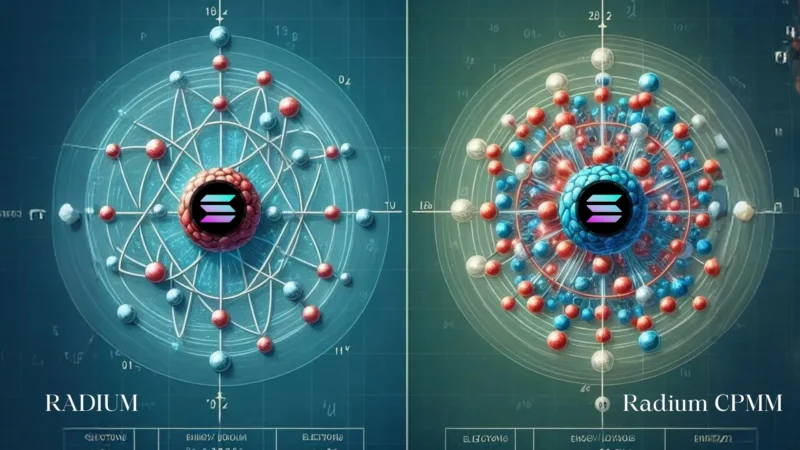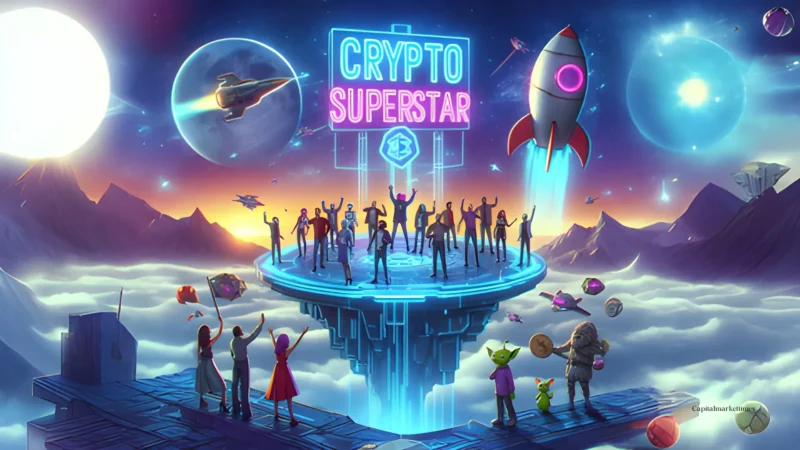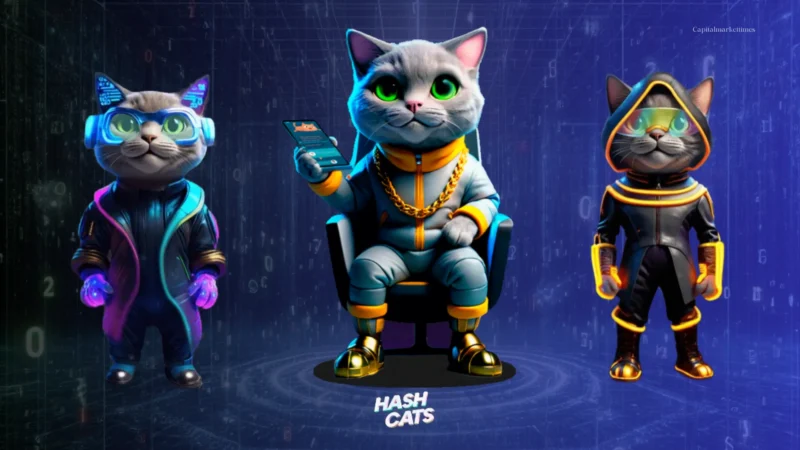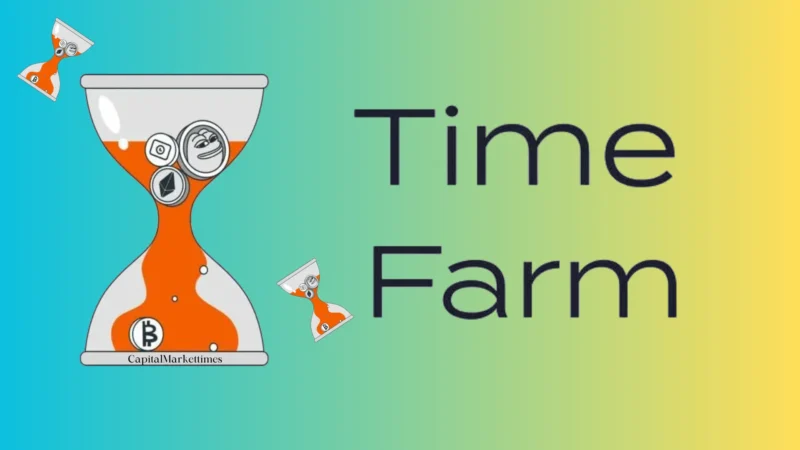Ripple vs. SEC: A Synopsis of the Crypto Lawsuit

One of the most famous legal disputes in the cryptocurrency industry is the Ripple vs. SEC lawsuit. It worries Ripple Labs, the blockchain developer and originator of the XRP cryptocurrency token, in addition to the USA Securities and Exchange Commission (SEC), the federal regulator of securities markets. The felony dispute may have a big effect on how crypto regulation and innovation are treated in the destiny.
What Is The Ripple vs. SEC Lawsuit About?
The Ripple vs. SEC lawsuit is about whether XRP is a security or not. A security is an economic instrument that represents a possession stake, a debt obligation, or a proper percentage of the profit of an entity. Securities are challenged by strict regulations and regulations to guard investors from fraud and manipulation.
The SEC alleges that Ripple sold XRP in an unregistered safety providing to investors in 2013, raising more than $1.Three billion. The SEC claims that Ripple in no way filed a registration report, that is required for groups that need to raise capital from the public. The SEC also accuses Ripple and its executives, Brad Garlinghouse and Christian Larsen, of making false and misleading statements about XRP and its commercial enterprise.
Ripple denies the SEC’s allegations and argues that XRP isn’t always a security, but a virtual asset that features as a medium of trade and a bridge currency for cross-border payments. Ripple relies on the preceding comments of an SEC director, who said in 2018 that Bitcoin and Ether are not securities because they’re decentralized networks that don’t have a central authority or provider. Ripple claims that XRP is similar to Bitcoin and Ether and that it’s been widely used and traded through thousands and thousands of customers around the sector.
Main Participants In Ripple vs. SEC CASE
• The SEC is a government business enterprise that makes guidelines for the cash market. The SEC is suing Ripple, a company that makes virtual money called XRP. The SEC says that Ripple offered XRP without permission and broke the guidelines.
• Judge Torres is someone who works inside the courtroom and comes to a decision about who’s right or incorrect. Judge Torres stated that some of the people who bought XRP from Ripple did no longer buy it as funding, but as a way to apply it for different matters. This manner that XRP isn’t always like an inventory or a bond, but more like a currency or a gift card. This changed into proper information for Ripple as it meant that they did not damage the policies of those people.
• The SEC does not accept Judge Torres’s decision and desires to exchange her selection. The SEC will ask some other court to review her choice and notice if she made a mistake. This will take some time and delay the very last final results of the case.
• John Deaton is an attorney who supports Ripple and XRP. He thinks that the SEC is inaccurate and unfair. He factors out that in 2018, some other person who worked for the SEC said that Bitcoin and Ethereum, other virtual money, were now not like stocks or bonds, but like currencies or commodities. He says that XRP is just like Bitcoin and Ethereum, so it needs to be handled in an equal way. He additionally says that the SEC did not have a clean manner to determine what is an inventory or a bond and what is not. He says that the SEC had to have instructed Ripple what the regulations had been before suing them.
A Timeline of Ripple vs. SEC Case
In December 2020 SEC filed a lawsuit against Ripples Labs and its executives, Brad Garlinghouse and Christian Larsen. Sec made an allegation on Ripple Labs of Raising $1.3 billion via the sale of unregistered securities in XRP. In February 2021 Ripple Labs filed a motion to brush aside the SEC’s lawsuit, arguing that XRP is not a security. From there on July 2021 the SEC filed an amended complaint, alleging that Ripple Labs made misleading statements approximately XRP to investors.
Furthermore, in September 2021, Ripple Labs filed a motion for precis judgment, arguing that the SEC has no longer met its burden of proof. As an end result on July 2023, U.S. District Judge Analisa Torres ruled that Ripple Labs did not violate securities law whilst it offered XRP to the general public on exchanges. However, she also stated that Ripple Labs may have violated securities law whilst it bought XRP at once from institutional buyers. On August 2023 The SEC appealed Judge Torres’ ruling.
What Are The Possible Outcomes of The Ripple vs. SEC Lawsuit?
The Ripple vs. SEC lawsuit should have exceptional results depending on how the parties proceed. Some of the probable scenarios are:
• The parties should attain a settlement before or during the trial, that could involve a few concessions from both sides, inclusive of fines, disgorgement, registration, or regulations on the future income of XRP.
• The parties ought to go to trial and feature a jury decide on the merits of the case, which can result in a verdict for both facets or a split decision on one-of-a-kind counts or claims.
• The parties may want to enchant the very last judgment or any interlocutory orders to the United States Court of Appeals for the Second Circuit, that may confirm, reverse, or remand the case for similar proceedings.
Conclusion
The implications of the Ripple vs. SEC lawsuit will be massive for each party and the wider crypto industry. For the SEC, it can set up its authority and jurisdiction over crypto services and set a precedent for future enforcement moves. Ripple, should clear its name and reputation and resume its operations and partnerships without regulatory uncertainty. For the crypto enterprise, it can offer extra clarity and steerage on a way to follow securities legal guidelines and foster innovation and growth.






